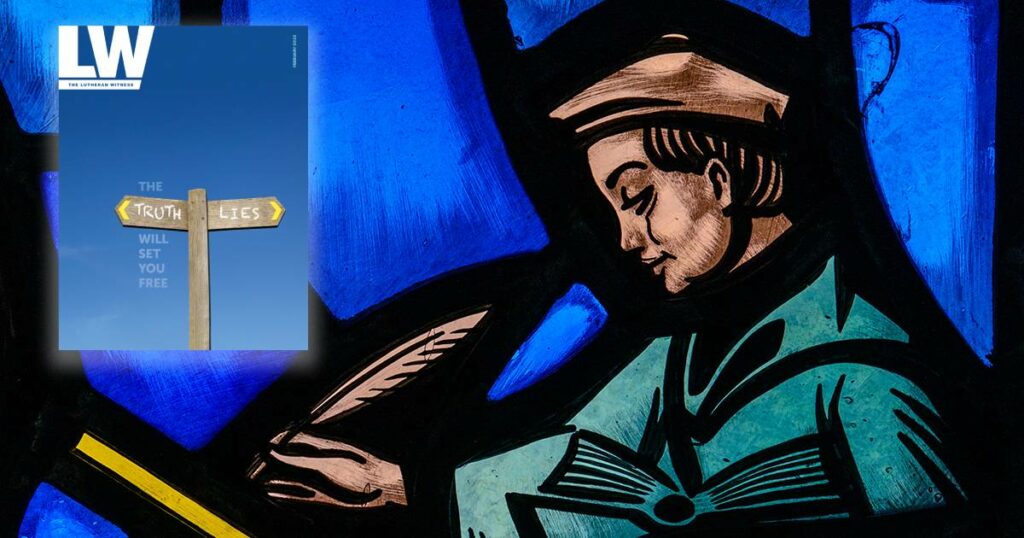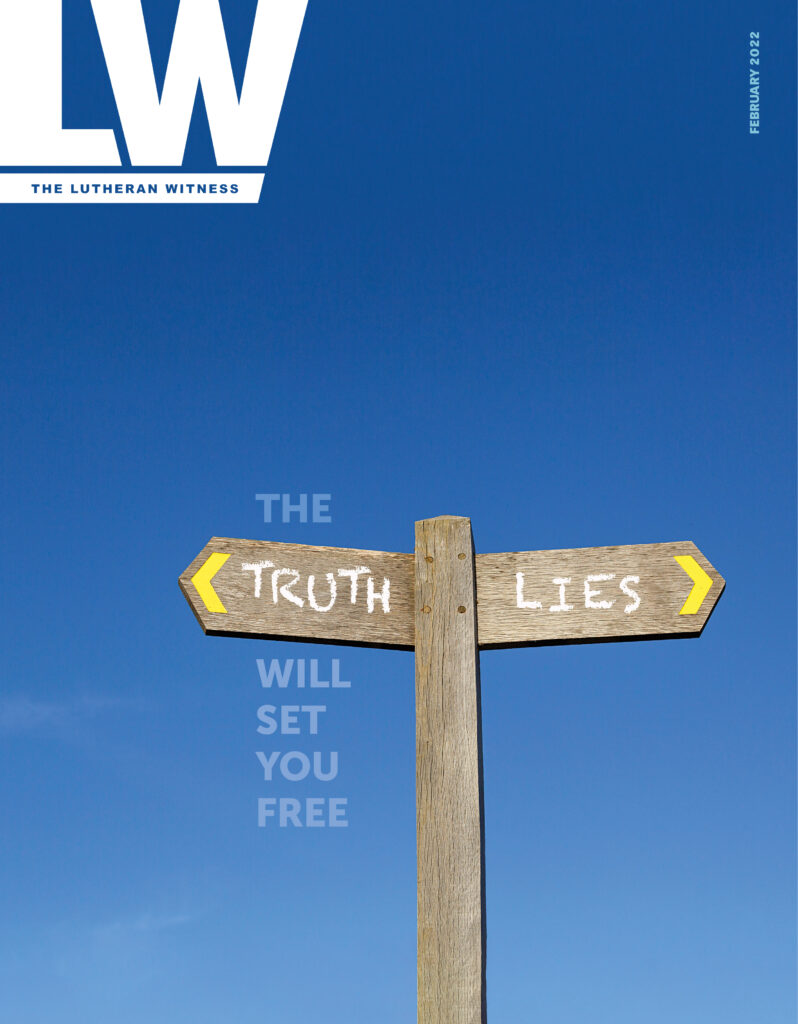“And there is salvation in no one else, for there is no other name under heaven given among men by which we must be saved” (Acts 4:12). Scripture claims that salvation comes exclusively in the name of Jesus Christ. Many people object to this claim of the Christian faith. Instead, they think of Christianity as one of many options.
Such critics often use one of two metaphors to make their point. They might describe religion as a mountain. The religions of the world are simply different paths up to the same peak. Or, they might describe the various world religions as blind men investigating an elephant. One blind man might think an elephant is all trunk, another simply a massive thick leg, while another thinks an elephant is simply a spindly tail.
Both analogies reject the exclusive claims of the various world religions for a view that assumes everyone seeks the same deity, merely from different angles or perspectives. Both analogies also assume that the religious endeavor is primarily about men discovering God without any input from Him. The first analogy assumes that there is no map, and the second assumes that man is essentially blind, lost in the dark.
The second assumption is correct for man in his natural condition; he is alienated and separated from God.
God, however, has not left us without a witness. He has given us a fuller witness than the evidence of His majesty in creation; He has spoken to our fathers in many and various ways by the prophets, while now, in these last days, He has spoken to us by His Son (Heb. 1:1–2). The Holy Spirit whom He sends in the Word and water of Holy Baptism has opened our eyes and enlightened our minds and hearts to the truth of God as He reveals Himself in Holy Scripture. We have a map: His Word, which is also the lamp for our feet and a light for our path (Psalm 119:105). There is no other name by which we can be saved (Acts 4:12).
The world’s religions are not all different paths to the same God; we are not blind men feeling elephants in the darkness. A light has shined on those dwelling in darkness, and that light is Jesus Christ. Any teaching that turns our attention away from Him and the doctrine He has handed down through the apostles and prophets in His Holy Word must be marked and avoided. The danger is not merely a little bit of confusion, but of lies leading down the path to eternal damnation.
In this issue, we have provided a short introduction to the major world religions and the Lutheran confession to their teachings. To be clear: This is just an introduction. If you are regularly in conversation with those of another faith, I encourage you to look at Concordia Publishing House’s “How to Respond” series. These books go into greater detail and provide advice on how to speak more knowledgeably to those of another faith.
Our hope in this issue is to whet your appetite to learn more to sharpen your own witness to Christ and Him crucified.
- See table of contents for the February 2022 issue
- Download or order a booklet adapted from the contents of this issue here.
In Christ,
Roy S. Askins
Managing Editor, The Lutheran Witness








Many times in my life, I have heard people repeat the great lie that there are other paths to God. It does not surprise me if the individuals saying such things are of a different religious belief than Christianity, but when it comes out of the mouths of professing Christians, it makes me cringe. Familiarity with the word of God, a fundamental understanding of how people are saved, and a knowledge of verses like John 14:6 are core principles of the faith, yet one has to completely deny their truthfulness to accept the idea that Jesus is not the only door. When Paul said we must “contend for the faith,” he was quite serious. Wherever you hear people declare that there are “other paths,” it is our obligation to correct them kindly but directly. Soli Deo Gloria.
Correction: I erroneously attributed the words, “contend for the faith,” to Paul, although he used similar expressions at times. It was in the epistle of Jude where the words, “ earnestly contend for the faith,” are found. He was speaking about the believer seeing apostasy within the church, and reacting to it. Opening one’s mouth in defense of God’s word, to correct a egregious fallacy regarding the faith, is a response we must not hold back. It need not be expressed with hostility or with a sense of spiritual superiority or arrogance, but it is a task to be done with conviction and in the power of the Holy Spirit. The epistle of Jude, which is found just before Revelation, eloquently defines the way in which false teaching in the church should be approached. Being firm in the defense of the word of God is essential, while drawing back is certainly no virtue.